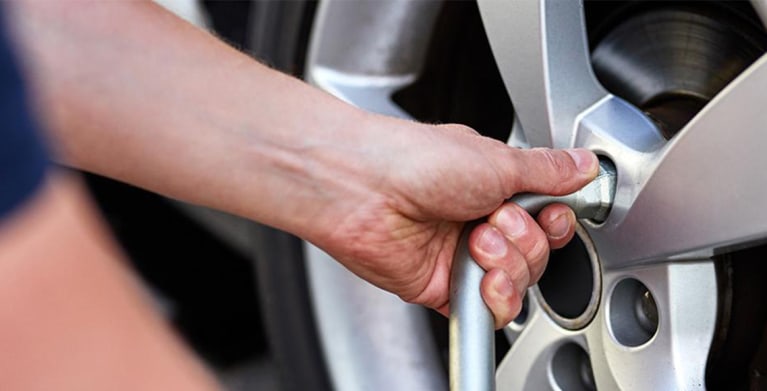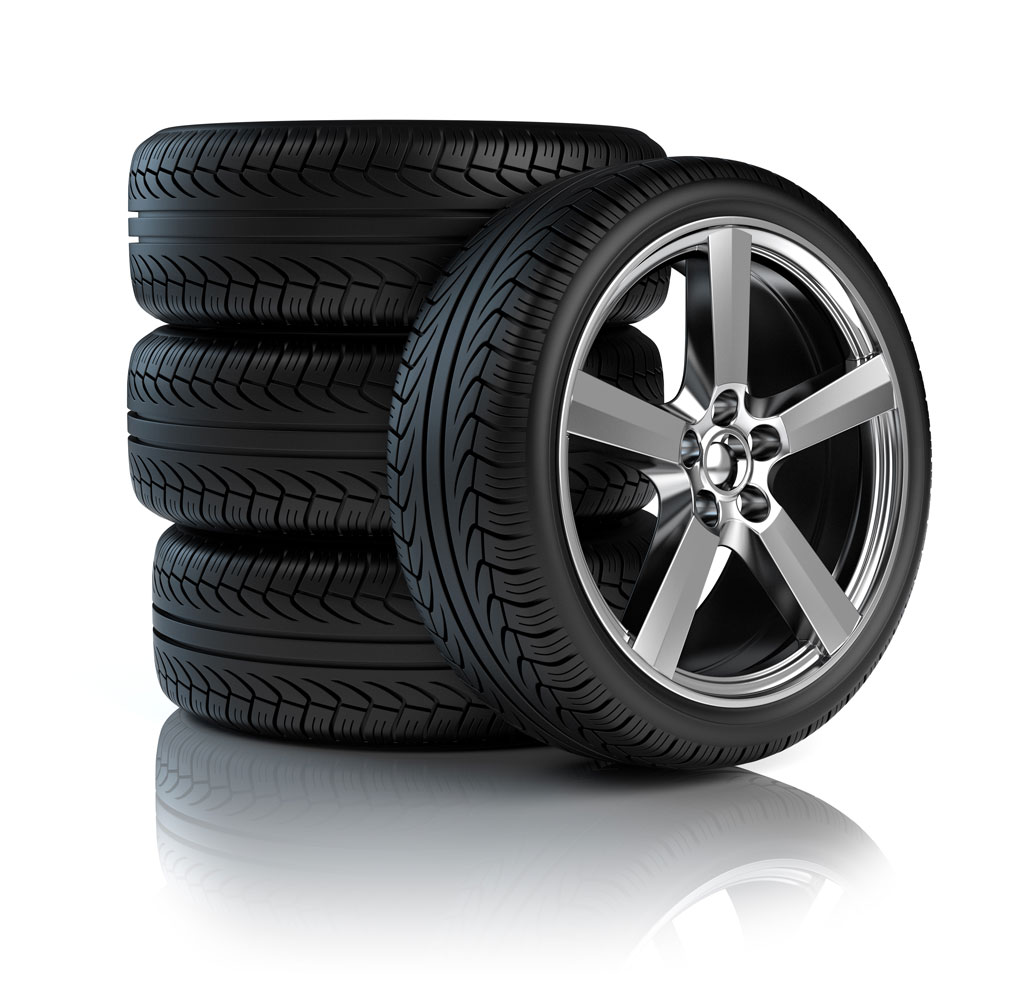Morris Tires: Your Companion for Specialist GMC Tires Service
Morris Tires: Your Companion for Specialist GMC Tires Service
Blog Article
Tire Solution: The Influence of Weather
When it concerns making sure optimal performance and safety when traveling, understanding the influence of weather condition problems on tire solution is crucial. From scorching warm to icy roadways, each weather condition element can considerably affect tire performance and overall driving experience. By diving right into the results of differing weather on tires, drivers can acquire important insights that may enhance their lorry's performance and durability. In this discussion, we will explore the intricate connection in between weather problems and tire service, dropping light on the importance of weather-specific tire maintenance practices and considerations.
Heat and Tire Efficiency
When subjected to heats, tires experience changes in efficiency that can substantially impact automobile security and handling. The warmth created from extended driving or warm weather condition problems causes the tire rubber to soften, leading to minimized walk life and raised wear. As the rubber comes to be softer, the tire's grip when driving decreases, influencing braking ranges and general traction. In extreme situations, too much warmth can also create tire blowouts, positioning an extreme security danger to the lorry and its owners.

Cold Climate Results
Cold weather condition conditions can have a substantial influence on tire efficiency and safety and security. As temperature levels drop, tire rubber can harden, resulting in decreased traction on icy or snow-covered roadways. In chilly weather, tires might likewise shed air pressure more quickly, which can impact managing and fuel efficiency. Additionally, cool temperatures can trigger tire sidewalls to stiffen, increasing the risk of damage from fractures or other roadway hazards.
To minimize the impacts of chilly climate on tires, it is important to consistently inspect tire pressure and inflate them to the supplier's recommended levels. Using winter season or all-season tires developed for winter conditions can likewise improve traction and grasp on icy or snowy roads. Proper tire upkeep, including routine inspections for wear and damages, ends up being much more crucial during colder months to make certain optimum efficiency and security.
Rainy Conditions Influence
Tires with worn-out treads are a lot more prone to hydroplaning, where a layer of water develops up in between the tire and the road surface area, leading to loss of traction. To fight this, chauffeurs ought to frequently evaluate their tires for adequate tread depth and think about investing in tires specifically designed for damp problems.
Additionally, stormy climate can also decrease visibility, making it you can check here challenging for drivers to see the road in advance plainly (GMC Tire Service). In such conditions, it is vital to adjust driving speeds appropriately and maintain a risk-free following range to enable for abrupt stops. Appropriately inflated tires can likewise aid in maintaining control on damp redirected here roads by supplying better handling and hold
Snow and Tire Safety
Snow-covered roadways present distinct obstacles for vehicle drivers, stressing the importance of appropriate tire choice and maintenance. When driving in snowy conditions, having the best tires can make a considerable distinction in safety and security and efficiency. Winter season tires are made with special rubber substances and tread patterns to offer much better traction on snow and ice contrasted to all-season tires. The much deeper footsteps and sipes of winter season tires help hold the road much better, minimizing the danger of sliding and moving.

It is essential to follow maker directions when using and installing tire chains to prevent damage to the tires and automobile. By picking the appropriate tires, preserving appropriate rising cost of living, and thinking about extra useful reference traction help like tire chains, drivers can improve their security when browsing snow-covered roadways.
Weather-Related Tire Upkeep
Weather-related tire upkeep incorporates a range of techniques aimed at guaranteeing optimum tire feature and long life in different weather condition circumstances. One key aspect of weather-related tire upkeep is tire pressure policy. Examining tire tread regularly and changing tires when walk wear reaches a specific depth is crucial for preserving grip and security in negative weather.
Verdict
In conclusion, weather problems have a significant effect on tire performance and safety and security. From warm impacting tire stress and wear to cool climate lowering grip, it is essential to consider the weather condition when keeping and making use of tires.
In this conversation, we will discover the intricate partnership between climate conditions and tire service, losing light on the relevance of weather-specific tire maintenance techniques and considerations.

Report this page